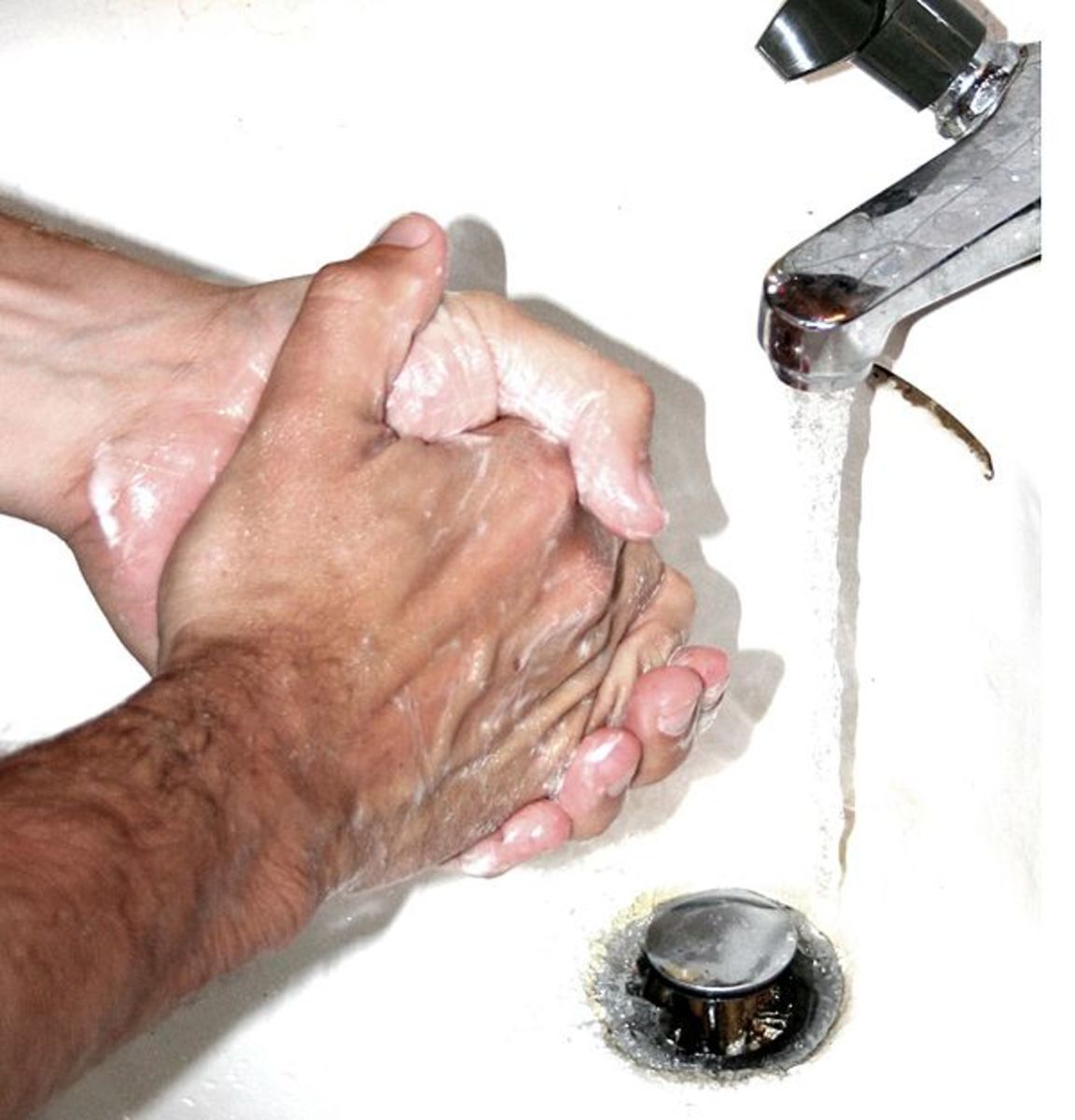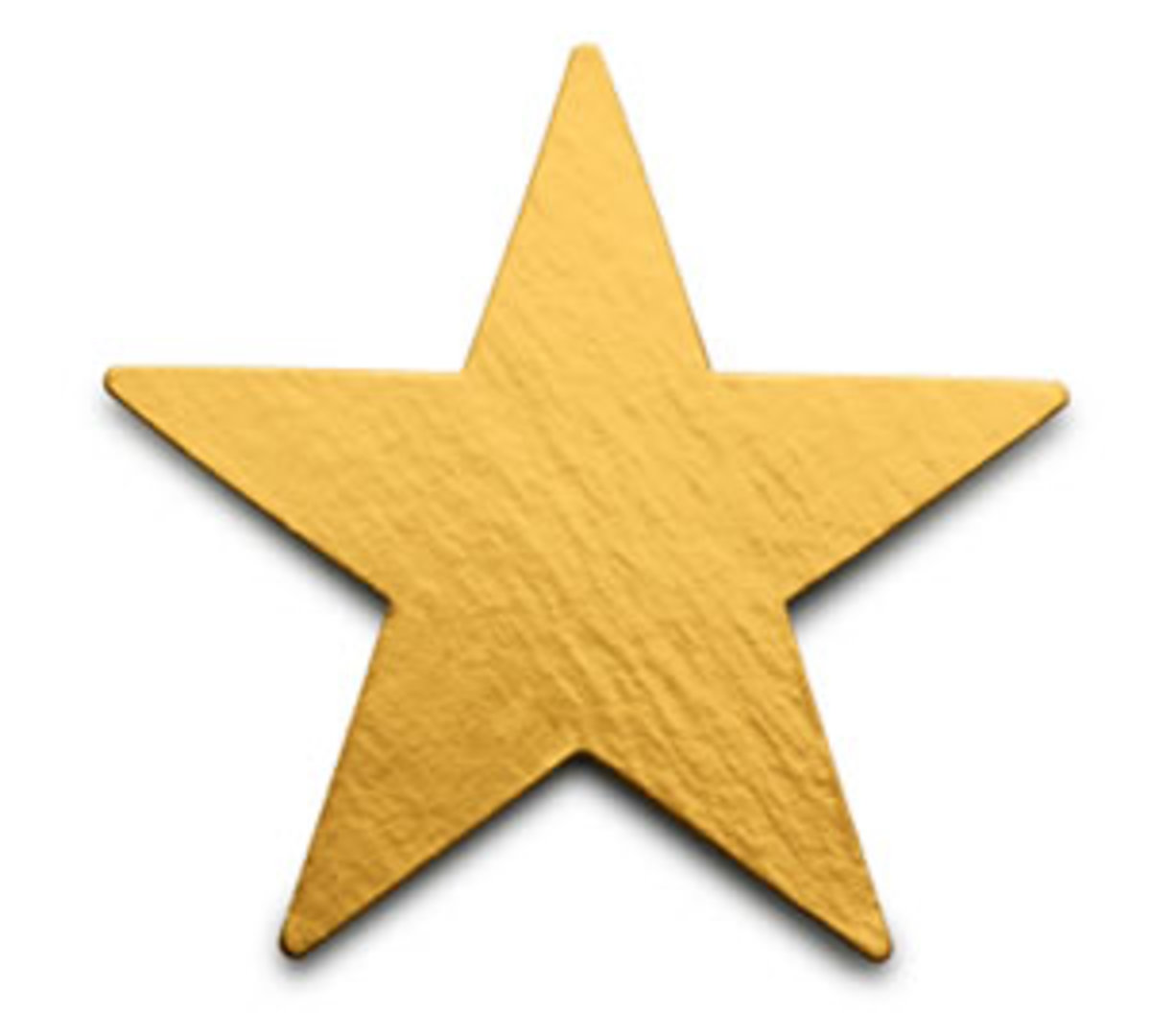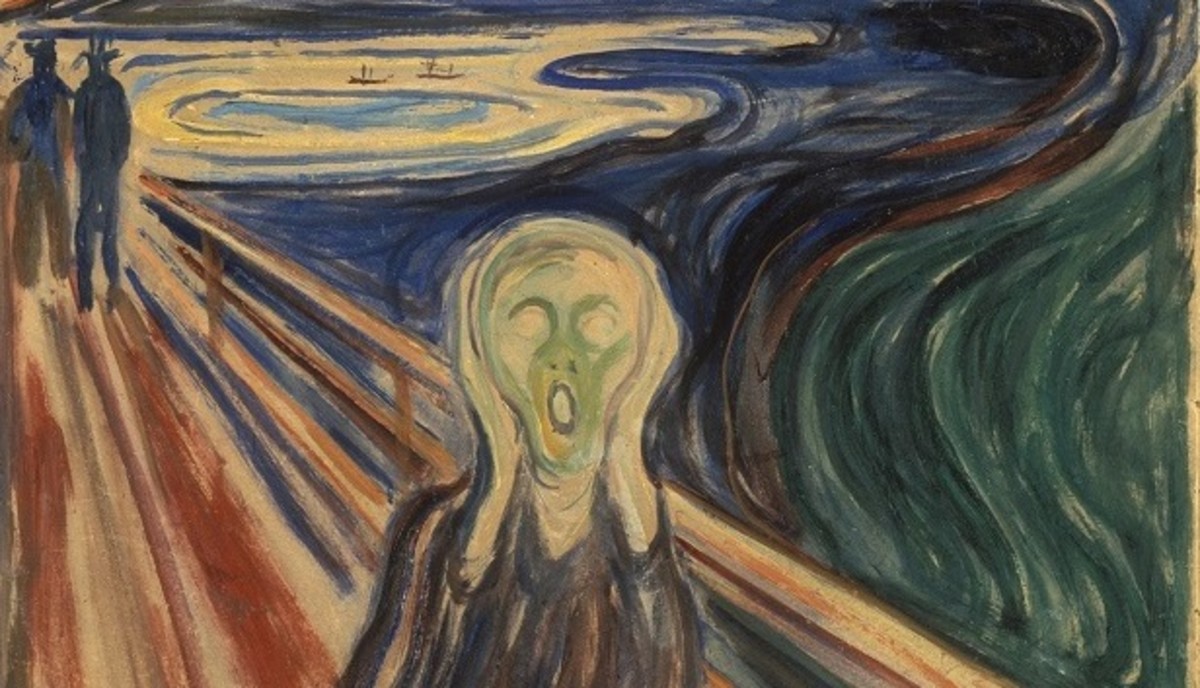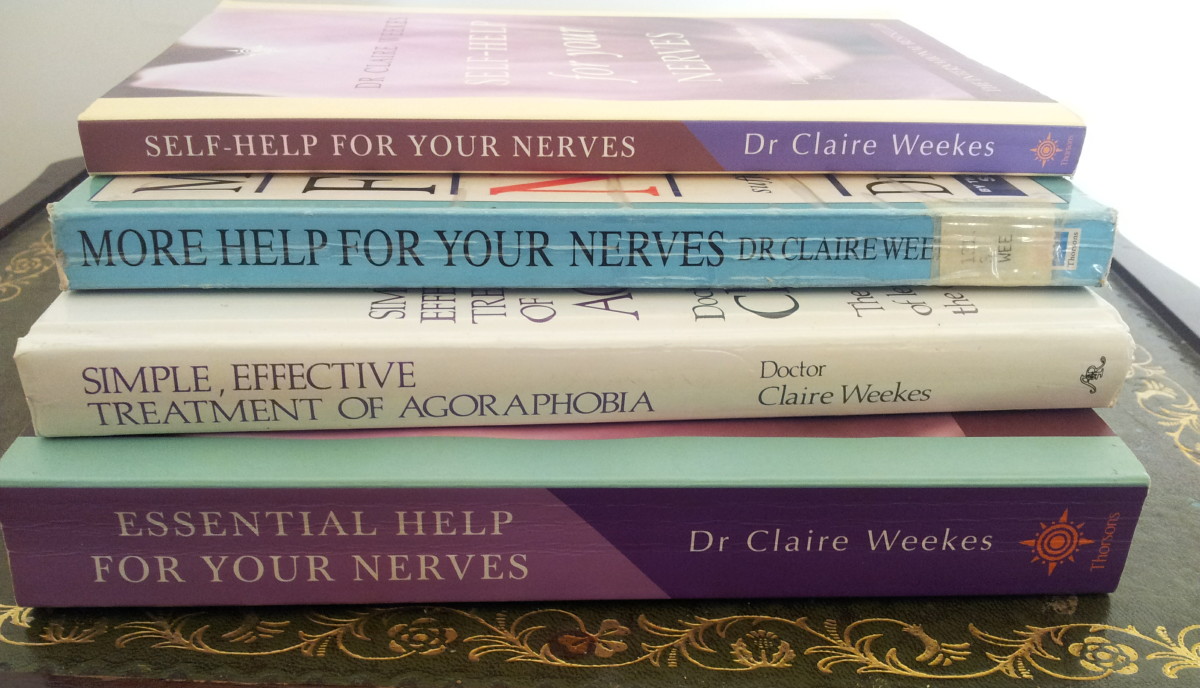- HubPages»
- Health»
- Mental Health»
- Anxiety Disorders
Understanding Obsessive-Compulsive Disorder - Information and Treatment
Fighting OCD
Last night I went and visited with a friend who is planning on having a BBQ today. As a single mom of three she was trying to clean while her young children were driving her crazy. She felt so overwhelmed by the concept of trying to get the house clean, while in fact it was pretty clean to begin with. Her thoughts were focused on impressing the guests who would arrive the next morning, so I sat down and entertained the kids while she got to work. The joys of single parenthood I know all too well but that is an article for later. First off there was nothing wrong with her attitude last night, it was normal, healthy reaction to stress.
Although had she been like this for no reason, or worse yet all the time, it might have given me reason to worry. Some people constantly clean, not giving themselves time to relax, and if they are not cleaning their thoughts are totally occupied on it. They begin to get jittery when they can’t clean. It can affect their sleep patterns. This is a type of Obsessive – Compulsive Disorder (OCD) and it can have very negative effects on one’s lifestyle and mental capability.
It is not limited to cleaning and as David Myers defined it in Psychology in Everyday Life “OCD – an anxiety disorder characterized by unwanted repetitive thoughts (obsessions) and / or actions (compulsions). (Myers, 2009). In this series I am looking at five different types of Anxiety Disorders: Generalized Anxiety Disorder, Panic, Phobias, OCD, and Post-Traumatic Stress Disorder (PTSD). Yahoo Health states that OCD is
Not caused by medical illness or drug use, causes major distress and / or interferes with everyday life, and the patient usually realizes that the behavior is excessive or unreasonable. (Yahoo, 2012)
Let’s take a moment to look at the two types of OCD: Obsessions and Compulsions.
Obsessions: First off Obsessions are less often noticed by the general public, therefore seem rarer. Obsessions invade the mind and occupy it like a foreign military force. They vary from delusions sent from outside sources and from brainwashing which is also contributed from premeditated attempts to change the way someone thinks, either done by the patient themselves or an outside force.
Yahoo Health stated on their obsession page that “Obsessive ideas seem unnatural or alien to those who have them, but nevertheless recognized as originating from the person’s own thoughts.” (Yahoo, 2012)
It is key to realize that obsessions are not always acted upon, but may be just a reoccurring thought, and also that not all obsessions are negative. Some people have been obsessed with being good parents, or providing help to those in need around them. Going one step further people suffering from “good” obsessions can develop depression if they feel they are not producing good enough results. Medical attention should also be sought for “good” obsessions.
Compulsions: Compulsions are the repeated actions, often without thought behind them, they may include touching an object (i.e. doorknob, picture, coin), washing hands, or any other type of action that seems odd and out of place. People close to the patient usually quickly notice the odd behavior, and sometimes when they ask the person why they do it the patient will deny the activity. Some patients are aware of the actions and find themselves doing it even when they are trying to control the action.
Treating OCD
The first step to treating OCD is to schedule an appointment with a doctor for tests to rule out any underlining medical problems that may be causing the behavior. If the doctor is unable to come up with a physical reason for the symptoms he will then direct the patient to a Mental Health Specialist for further study, once the diagnosis of OCD is made the Mental Health Specialist can begin the treatment plan for OCD.
OCD is treated using medicines and / or therapy. Common medicines for OCD include : Celexa, Prozac, Luvox, Paxil, clomipramine, and Zoloft. Behavioral therapy has been documented to be very successful in treating OCD especially when coupled with medicine.
If you or some you know suffers from OCD please schedule an appointment with a medical professional to begin treatment of this disease.
Works Cited
Myers, D. G. (2009). Psychology in Everyday Life. New York: Worth.
Yahoo. (2012). Obsession. Retrieved from Yahoo Health: http://health.yahoo.net/galecontent/obsession
Yahoo. (2012). Obsessive Compulsive Disorder. Retrieved from Yahoo Health: http://health.yahoo.net/channel/obsessive-compulsive-disorder-ocd_symptoms









